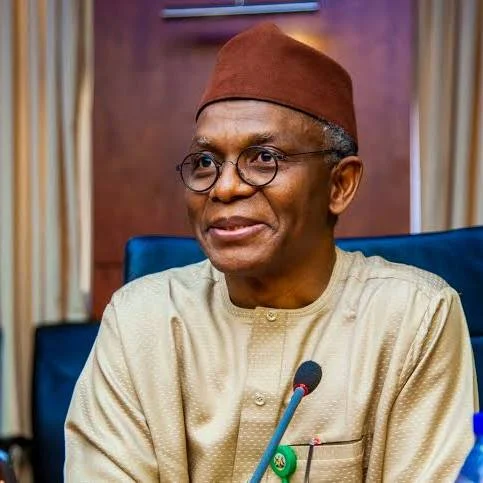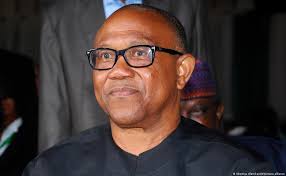
Kaduna State Governor Nasir El-Rufai recently accused President Bola Tinubu’s administration of favouring individuals with Yoruba-sounding names while treating others like strangers in their own country. According to El-Rufai, this practice undermines national unity and alienates non-Yoruba Nigerians from government opportunities.
While concerns about ethnic inclusion in governance are valid and worthy of discussion, El-Rufai’s sweeping claim oversimplifies a complex reality and risks deepening ethnic divisions rather than promoting national cohesion. Here are several reasons why his assertion may be misleading and unfair:
Nigeria’s Federal System Promotes Diversity and Inclusion
Nigeria is a highly diverse nation with over 250 ethnic groups. Its federal system and constitutional provisions are designed to promote inclusiveness and representation across all regions and ethnicities. The Tinubu administration, like previous governments, has made efforts to appoint qualified individuals from various backgrounds to key government positions.
Appointments Are Based on Merit and Competence
Government appointments are primarily guided by qualifications, experience, and alignment with the administration’s policy goals, rather than ethnicity or the sound of a name. By focusing solely on Yoruba names, El-Rufai disregards the meritocratic processes in place.
Ethnic Favoritism Is Not Unique to This Administration
Accusations of ethnic bias are common in Nigerian politics and have been directed at many past administrations from different regions. It is an ongoing national challenge that transcends any single government.
Overgeneralization Masks Reality
Claiming the government “only” favours Yoruba-sounding names ignores the many prominent non-Yoruba appointees serving in President Tinubu’s administration. This oversimplification fails to acknowledge the nuances of Nigeria’s political landscape.
Such Claims Risk Deepening Divisions
Statements like El-Rufai’s can inflame ethnic suspicions and heighten tensions in a country already grappling with regional and ethnic differences. Political leaders should prioritize unity and dialogue over divisive rhetoric.
Appointment Processes Involve Broad Consultations
Presidential appointments typically require consultations with party leaders, state governors, and other stakeholders nationwide, making it difficult for any government to favour one ethnic group exclusively.
Concrete Examples Contradict the Narrative
The current government has appointed Northerners, Igbos, and other ethnic groups to strategic roles across ministries and agencies. These examples challenge the idea of exclusive Yoruba favoritism.
Ethnicity Does Not Guarantee Political Power
Having a Yoruba name or background does not automatically translate to influence or dominance. Nigeria’s political dynamics are shaped by many factors beyond ethnicity.
The Government’s Focus Is National Development
President Tinubu’s administration has prioritized economic recovery, security, and infrastructure development — goals that require collaboration across ethnic lines.
Divisive Ethnic Claims Distract From Real Issues
Focusing excessively on ethnic representation detracts from pressing challenges such as poverty, unemployment, insecurity, and education that affect all Nigerians regardless of their background.
Political Motivations May Influence Such Claims
Politicians sometimes use ethnic narratives to mobilize support or criticize opponents. It is crucial to critically assess such statements in the interest of national unity.
Nigerians Desire Unity and Fairness
Most Nigerians want a government that is fair, just, and inclusive. Promoting divisive ethnic claims undermines this shared aspiration and weakens the country’s social fabric.
In conclusion, while vigilance against ethnic favoritism is important in Nigeria’s governance, broad and unsubstantiated claims like those by Governor El-Rufai can do more harm than good. A more constructive approach would focus on promoting transparency, meritocracy, and national unity to build a stronger and more inclusive Nigeria.




